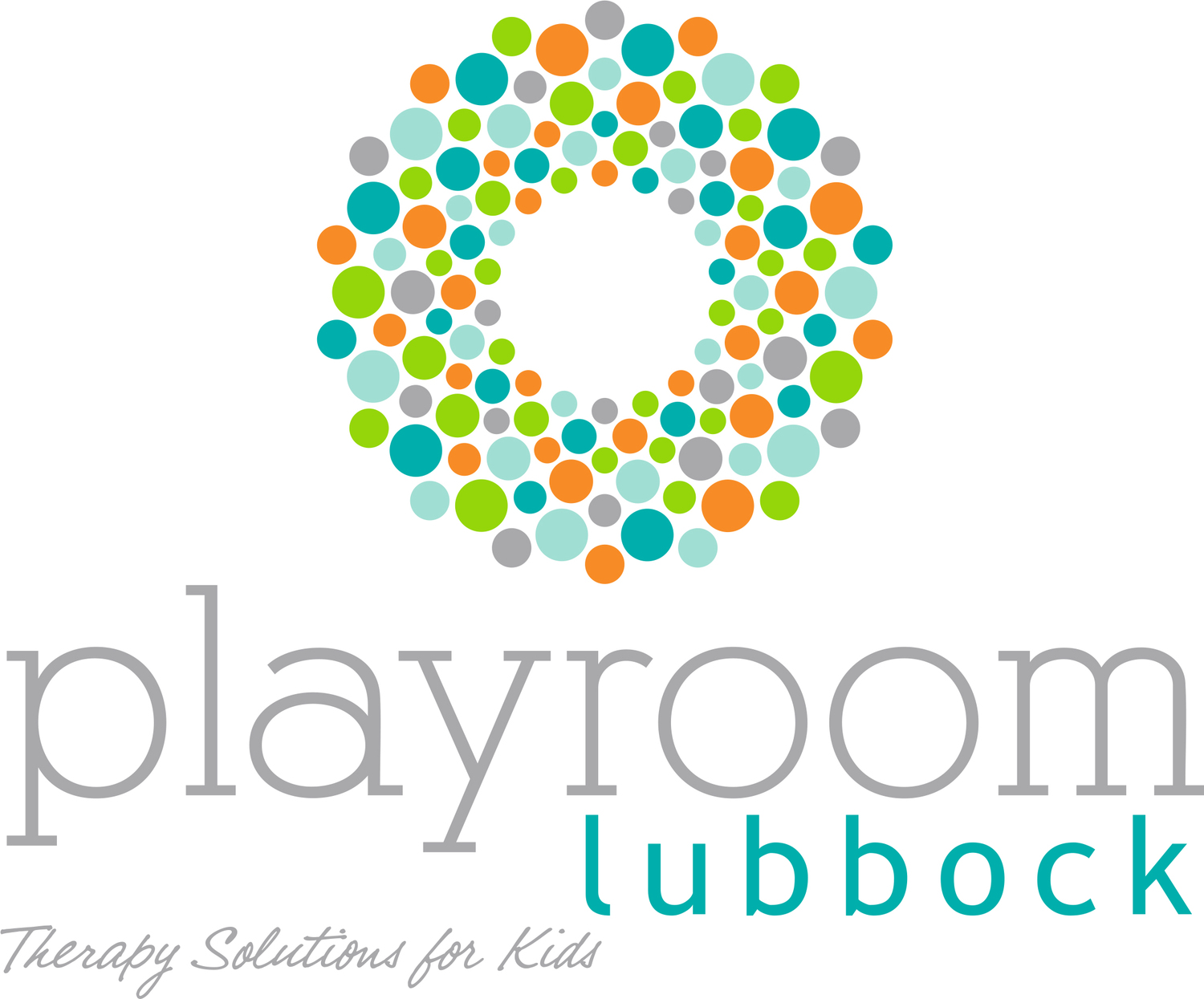Big emotions need coaching too! We often receive referrals for children whose emotional reactions are negatively impacting their relationships and sports performance. Let’s understand intense reactions in youth sports and find ways to support our children.
What Excessive Reactions Looks Like in Youth Sports (or any performance related activity):
Crying after a mistake or losing, slamming the ball, refusing to listen, yelling, shutting down
First of all, experiencing anger, frustration, anxiety, saltiness, and disgust are normal emotional experiences in sport. Strong emotional reactions in sports-like outbursts, tears, or frustration-are often signs of challenges with emotional regulation, not disrespect or defiance. These reactions aren't about 'bad behavior'; they're about kids learning how to cope with intense feelings in high-stakes, high-energy moments.
Emotional Regulation
Emotional Regulation is a dynamic process shaped by a combination of internal and external factors, with early experiences and the quality of caregiver-child relationships playing a particularly significant role in setting the foundation for healthy emotional development. Emotional regulation skills develop gradually throughout childhood, with initial foundations laid in infancy and toddlerhood through co-regulation with a secure caregiver. By around age 5, children are generally more adept at managing their emotions, and by 8 or 9, they often show much better control over their feelings by using cognitive strategies.
Emotions are part of the game
—let's help kids play through them, not punish them for feeling them.
Anxiety
"Anxiety is a normal part of competition. It's not a matter of whether or not you should have anxiety, it's about optimizing that anxiety so it works for you and not against you. I always tell people - and this is good, I think - the difference between anxiety and excitement is your interpretation of the arousal. The physiological arousal is literally, not kinda, the same." Dr. Kevin Chapman. Anxiety can look like anger when it is tied to performance and identity. A child could be concerned about the negative repercussions of playing poorly or losing. Their thoughts could be "I'm going to get ridiculed; I'm going to let my family down. If I play bad, I am bad. I can never live up to my parent's/coach's expectation."
The Role of Puberty
The advent of hormones paired with identity formation intensifies emotion. If a child doesn't have the necessary skills and the family has not modeled emotional regulation, your child will experience a hard time being able to tolerate stress, disappointment, and discomfort.
Competitive Parents
"We learn how to view sport, life, the classroom, achievement in general through the lens of our parents of origin or caregivers, depending on the context of the kid. So I learned to think about myself, the world around and my future - we call that the cognitive triad - through the lens of my family. Even if it's incorrect, until I get data later in life that refutes it, it's going to frame my childhood." Dr. Kevin Chapman
Ways to Support Your Child
Become curious about and discuss emotions: thoughts, behaviors, and sensations to become an expert in their body cues
Practice brain-aligned regulatory strategies in non-stressful situations such as grounding techniques, breathing techniques, moving their body, alerting sensory strategies such as ice, sour candy, bubbly drink
Teach muscle tensing/relaxation
Become aware and mindful of your own (parent) emotional regulation.
Model acknowledging your own parent emotions, verbalizing your strategy, and follow through. Let your child experience you regulating your own day to day emotion.
Advocate for Your Child With a Coach
Start with partnership.
"We really appreciate your coaching and the way you support the team."
2. Share insight, not excuses.
"My child is working on emotional regulation-sometimes big feelings show up during games."
3. Offer collaboration.
"What strategies have you found helpful with other kids? I'd love to work together on this."
4. Keep it focused on growth.
"We're not expecting perfection-just opportunities to learn and be supported."
Kids thrive when the adults around them work as a team.
Key Points
Emotional regulation is a continuous process that develops over time.
Different strategies for managing emotions emerge at different ages.
While children develop self-regulation skills, they also learn from watching and interacting with adults.
Warm, responsive relationships are crucial for fostering emotional regulation in children.
Normalize emotions. It's okay to feel frustrated, nervous, or disappointed.
Practice calming strategies. Deep breaths, body scans, or a reset routine.
Focus on effort, not just outcome. Celebrate growth and resilience.
Model emotional control. Kids mirror what they see from adults.
Debrief after games. Talk through what they felt and why.




